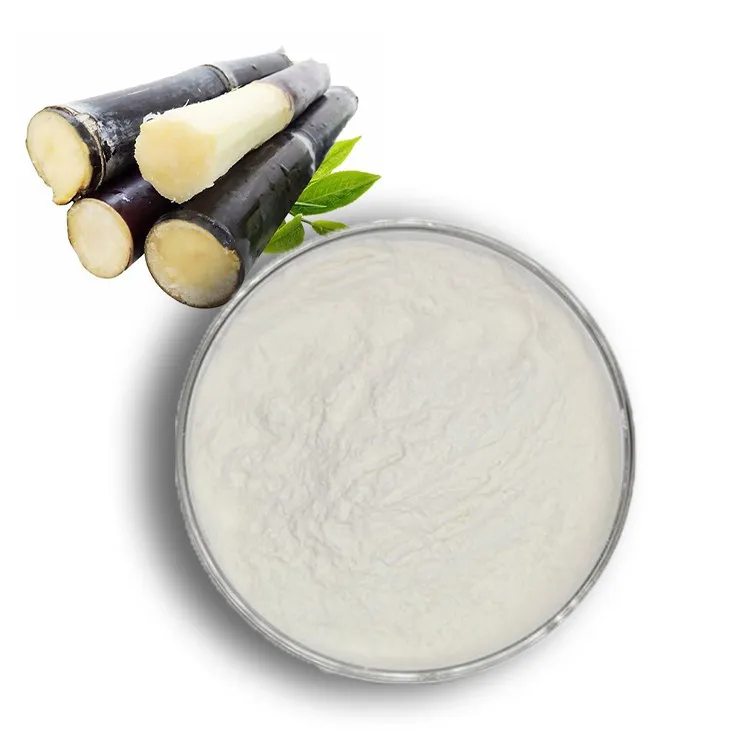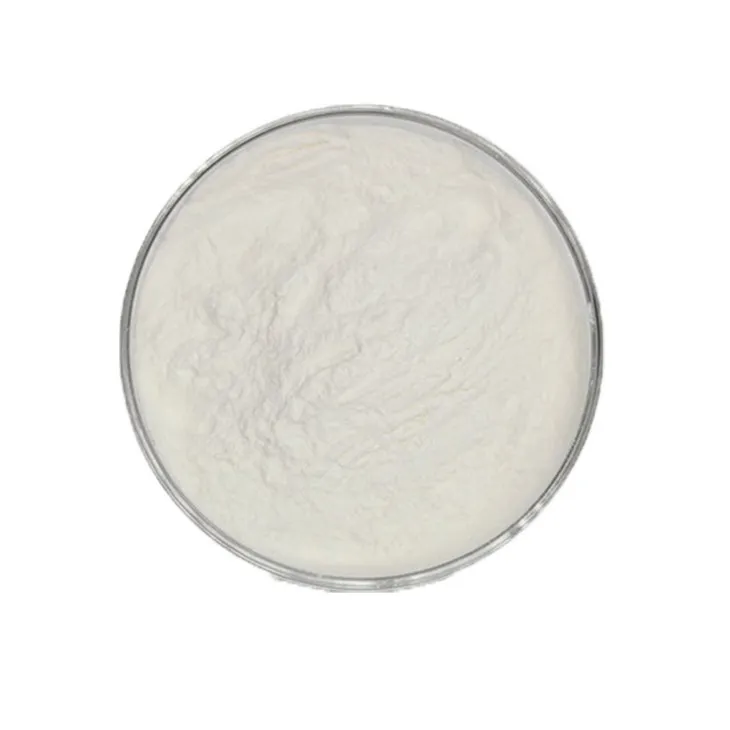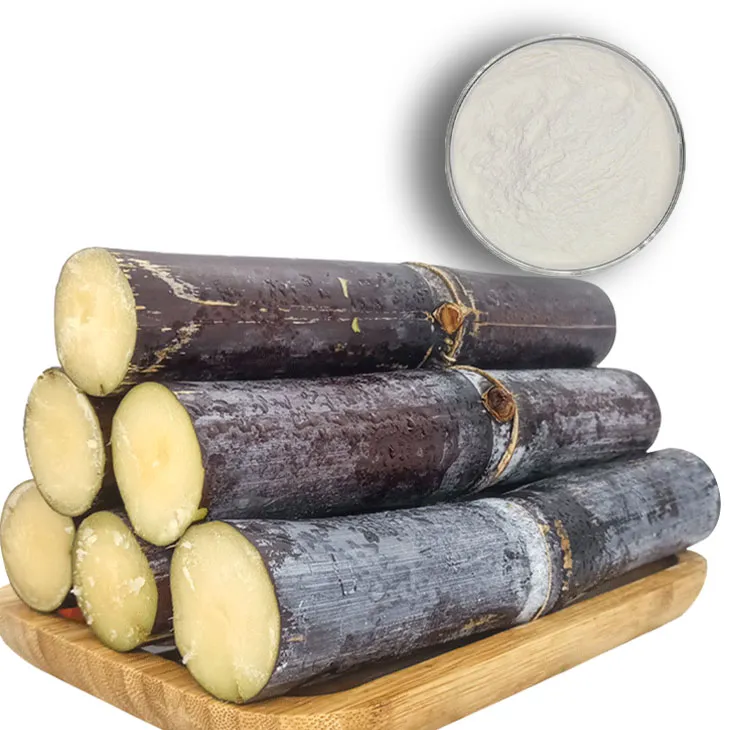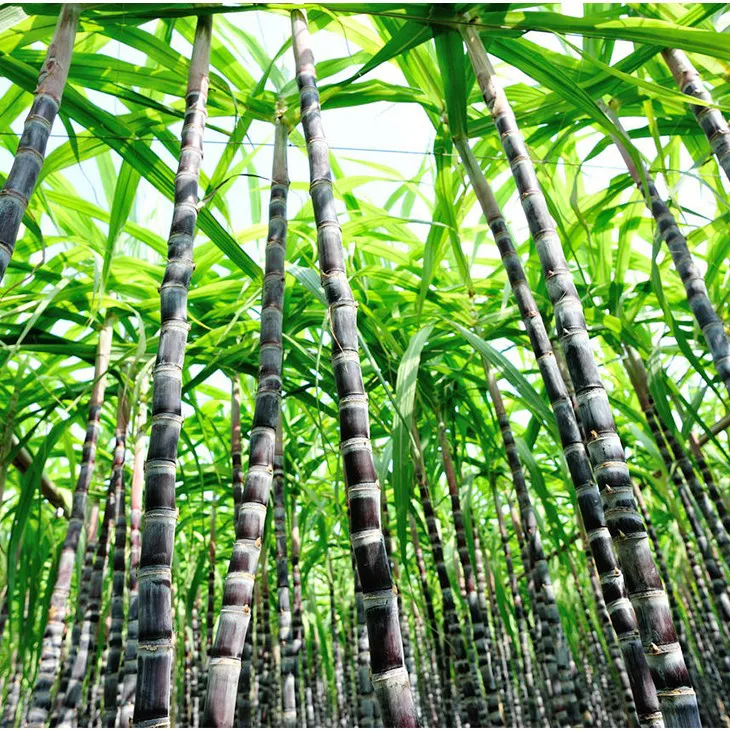- 0086-571-85302990
- sales@greenskybio.com
Which Sugarcane Extract Should You Use?
2024-12-10

1. Introduction
Sugarcane has been a valuable source of sweeteners and various products for centuries. With the development of modern processing techniques, different Sugarcane Extracts have emerged, each with its own characteristics. Selecting the right Sugarcane Extract can be crucial for various applications, whether it's in the food and beverage industry, traditional medicine, or for those who are conscious about sustainability. This article aims to provide a comprehensive guide on the different types of Sugarcane Extracts available and the factors to consider when choosing one.

2. Refined Sugarcane Syrup
2.1 Properties
Refined sugarcane syrup is a highly processed form of sugarcane extract. It is typically clear and has a very high sugar content. The refining process removes most of the impurities, resulting in a product that has a long shelf - life. It is very soluble in water, which makes it easy to use in a variety of applications.
2.2 Taste Profile
The taste of refined sugarcane syrup is predominantly sweet, with very little of the characteristic "raw" or "earthy" flavors that can be found in less - processed sugarcane products. It has a clean, pure sweetness that is often preferred in products where a consistent and strong sweetening effect is desired, such as in some commercial soft drinks and confectionery.
2.3 Uses in Different Sectors
In the beverage manufacturing industry, refined sugarcane syrup is widely used as a sweetener. It can be easily measured and added to large - scale production of sodas, juices, and other sweetened beverages. In the baking industry, it can be used to add sweetness and moisture to cakes, cookies, and pastries. However, in traditional medicine, it is less commonly used due to its highly processed nature, as traditional medicine often prefers more natural and less - refined ingredients.

3. Raw Cane Juice
3.1 Properties
Raw cane juice is the freshly squeezed juice from sugarcane. It is a cloudy, greenish - yellow liquid that contains not only sugars but also a variety of vitamins, minerals, and other nutrients. It has a relatively high water content, which makes it less concentrated than refined syrup.
3.2 Taste Profile
The taste of raw cane juice is complex. It has a natural sweetness that is accompanied by a slight grassy and earthy flavor. This unique taste can be appealing to those who prefer a more natural and less processed flavor in their drinks or products.
3.3 Uses in Different Sectors
In the beverage sector, raw cane juice is becoming increasingly popular as a health - conscious alternative to refined sweeteners. It can be consumed on its own as a refreshing drink or used as a base for smoothies and other blended beverages. In some traditional cultures, raw cane juice is also used in cooking, especially in dishes where a touch of sweetness and a unique flavor are desired. In traditional medicine, it is sometimes used for its perceived health - promoting properties, such as its potential to boost energy levels.

4. Bagasse - Derived Products
4.1 Properties
Bagasse - derived products are extracts obtained from the fibrous residue left after sugarcane has been crushed to extract its juice. These products can vary in form, from powders to concentrated extracts. They often contain a mix of sugars, fibers, and other compounds.
4.2 Taste Profile
The taste of bagasse - derived products can be quite different from the other two types. It may have a more subtle sweetness due to the presence of fibers and other substances. There can also be a slightly bitter or astringent note, depending on the extraction and processing methods.
4.3 Uses in Different Sectors
In the food industry, bagasse - derived products can be used as a source of dietary fiber in products like cereals and snacks. They can also be used in the production of bio - based plastics and other bioproducts due to their fibrous nature. In traditional medicine, some bagasse - derived extracts are being explored for their potential antioxidant and anti - inflammatory properties.

5. Sustainability Aspects
5.1 Refined Sugarcane Syrup
The production of refined sugarcane syrup can have significant environmental impacts. The refining process often requires large amounts of energy and water. Additionally, the large - scale monoculture of sugarcane for syrup production can lead to soil degradation and loss of biodiversity. However, some producers are implementing more sustainable practices, such as using renewable energy sources in the refining process and implementing better water management systems.
5.2 Raw Cane Juice
Raw cane juice production can be more sustainable in some ways. Since it is a less - processed product, it generally requires less energy. However, the storage and transportation of raw cane juice can be challenging due to its perishable nature. Local production and consumption can help reduce the environmental impact associated with these aspects.
5.3 Bagasse - Derived Products
Bagasse - derived products have the potential for high sustainability. By using the bagasse, which is traditionally considered a waste product, producers can reduce waste and create value - added products. Additionally, the development of bagasse - based bioproducts can contribute to a more circular economy, reducing the reliance on non - renewable resources.
6. Conclusion
The choice of which sugarcane extract to use depends on a variety of factors, including taste preferences, intended use in different sectors, and sustainability considerations. For those who prioritize a pure and consistent sweetening effect, refined sugarcane syrup may be the best option. If a more natural and complex flavor is desired, along with potential health benefits, raw cane juice could be a great choice. And for those interested in sustainability and exploring unique product properties, bagasse - derived products offer interesting possibilities. By understanding the properties, taste profiles, and sustainability aspects of these different sugarcane extracts, consumers and producers can make more informed decisions.
FAQ:
What are the main forms of sugarcane extracts?
The main forms of sugarcane extracts include refined sugarcane syrup, raw cane juice, and bagasse - derived products.
How do the taste profiles of different sugarcane extracts vary?
Refined sugarcane syrup usually has a more concentrated and pure sweet taste. Raw cane juice has a relatively fresh and natural sweetness with some subtle flavors from the cane itself. Bagasse - derived products may have different taste characteristics depending on the extraction and processing methods, often with a more complex or earthy undertone.
What are the uses of refined sugarcane syrup in beverage manufacturing?
In beverage manufacturing, refined sugarcane syrup is used as a sweetener. It can provide a consistent level of sweetness, help in flavor blending, and contribute to the texture and mouthfeel of the drink. It also has good solubility and can be easily incorporated into various beverage formulations.
How is raw cane juice used in traditional medicine?
Raw cane juice in traditional medicine is sometimes believed to have certain health - promoting properties. It may be used for its potential to boost energy, due to its natural sugar content. It could also be used in remedies related to digestion, as it may have a mild laxative effect in some traditional practices. However, it should be noted that these uses are often based on traditional beliefs and not always scientifically proven.
What are the sustainability aspects to consider when choosing a sugarcane extract?
When considering sustainability aspects, for products derived from sugarcane, one should look at the farming practices. For example, sustainable farming may involve reduced use of pesticides and fertilizers, proper water management, and soil conservation. In the case of bagasse - derived products, the efficient use of by - products and the overall environmental impact of the extraction and processing methods are important factors. Also, the carbon footprint associated with the production and transportation of different sugarcane extracts should be considered.
Related literature
- Sugarcane Extracts: A Comprehensive Review of Their Properties and Applications"
- "Sustainable Production of Sugarcane - Based Extracts: Current Trends and Future Perspectives"
- ▶ Hesperidin
- ▶ citrus bioflavonoids
- ▶ plant extract
- ▶ lycopene
- ▶ Diosmin
- ▶ Grape seed extract
- ▶ Sea buckthorn Juice Powder
- ▶ Beetroot powder
- ▶ Hops Extract
- ▶ Artichoke Extract
- ▶ Reishi mushroom extract
- ▶ Astaxanthin
- ▶ Green Tea Extract
- ▶ Curcumin Extract
- ▶ Horse Chestnut Extract
- ▶ Other Problems
- ▶ Boswellia Serrata Extract
- ▶ Resveratrol Extract
- ▶ Marigold Extract
- ▶ Grape Leaf Extract
- ▶ blog3
- ▶ blog4
- ▶ blog5
-
Tongkat Ali Extract Powder
2024-12-10
-
Clove Powder
2024-12-10
-
Curcumin
2024-12-10
-
Mangosteen extract powder
2024-12-10
-
Natural grape seed extract
2024-12-10
-
Beta Carotene
2024-12-10
-
Hawthorn Extract
2024-12-10
-
Hedyotis Diffusa Extract
2024-12-10
-
Tamarind extract powder
2024-12-10
-
Curcumin Extract
2024-12-10





















